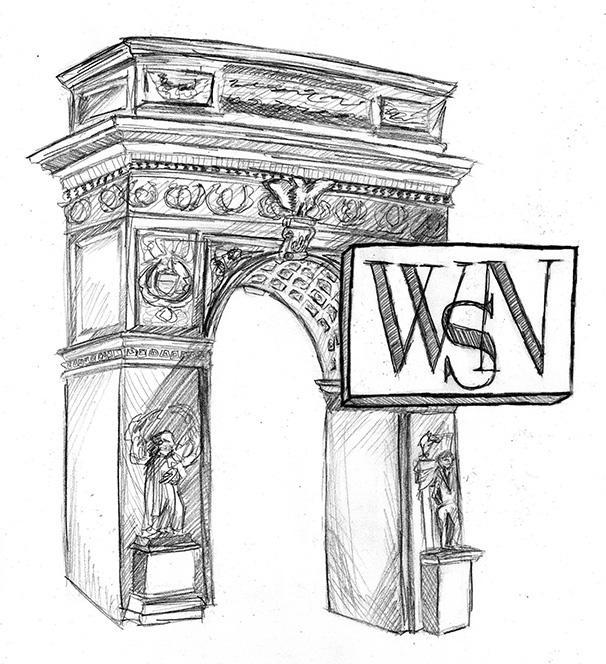Divestment is Part of Larger NYU Battle
April 20, 2016
Members of NYU Divest who had been occupying the executive elevator and lobby of Bobst Library ended their protest after 33 hours facing threats of suspension from the university on Tuesday. In an effort to push the university toward increased transparency, the student group has been demanding a meeting with the Board of Trustees before the board votes on divestment. NYU Divest’s sit-ins — the latest in a string of grassroots student efforts — have resulted in a public relation success, but a concrete victory remains out of grasp. NYU students of all affiliations must band together to increase administrative accountability for university financial strategies.
The attention the sit-in has garnered furthers the goals of NYU Divest to place pressure on the administration and its financial policies. Divestment has long been a debate contained to university students, faculty and administrators, but Columbia and NYU’s divestment sit-ins have achieved something unique; they have reached beyond the often insular realm of universities and gained national attention. Bernie Sanders’s tweet of support has spurred city newspapers and national media to report on the protests. When a presidential candidate has expressed solidarity with a movement, it is elevated beyond a student issue to the status of a national dialogue. Energy investment policy is now a national platform. These developments give NYU Divest the visibility it needs to pressure the administration into seriously considering and responding to student concerns.
Even if students are unswayed by arguments for divestment, they still have reason to lend NYU Divest their support. NYU has a responsibility to inform the student body on the full financial operations, and a duty to respond directly and constructively to organized student demands. They have consistently failed to deliver on both these counts. The NYU administration stymied the Incarceration to Education Coalition Ban the Box campaign’s efforts to record meetings with administrators and officials representing the Common App, only relenting after protests escalated. Even ostensible concessions, like agreeing to phase in a $15 minimum wage for student workers, have been incomplete — the administration has yet to provide details on the funding for these pay raises. Thus, the individual goals of any given student movement ultimately run up against the same issues of accountability and transparency that affect all students.
Divestment is a laudable action, even if selling the shares of fossil fuel companies won’t ultimately impact their bottom lines. The more the divestment campaign captivates the public, the more pressure is mounted on NYU to significantly improve its investment policy and practice. NYU Divest’s PR win draws attention to the larger issues of university accountability, which all university movements must wrestle with in order to achieve their goals. In the struggle for a more responsible administration, divestment activists and the rest of the NYU community are united.
Email the WSN Editorial Board at [email protected].
























































































































































